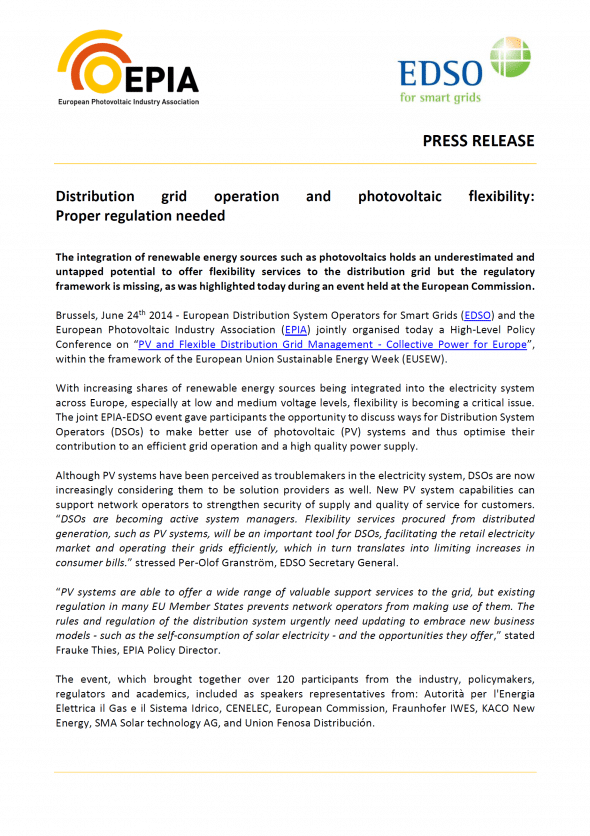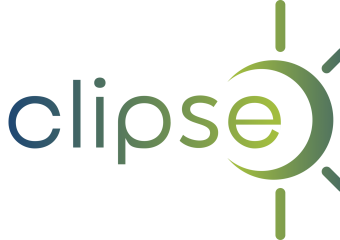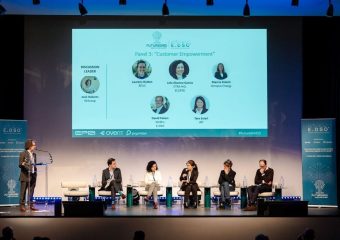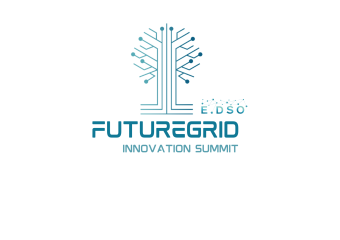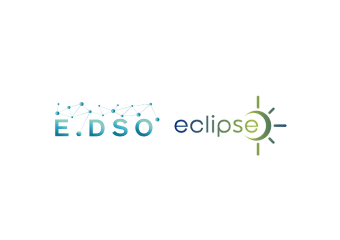Distribution grid operation and photovoltaic flexibility: Proper regulation needed
The integration of renewable energy sources such as photovoltaics holds an underestimated and untapped potential to offer flexibility services to the distribution grid but the regulatory framework is missing, as was highlighted today during an event held at the European Commission.
June 24th 2014, Brussels – European Distribution System Operators for Smart Grids (EDSO) and the European Photovoltaic Industry Association (EPIA) jointly organised today a High-Level Policy Conference on “PV and Flexible Distribution Grid Management – Collective Power for Europe”, within the framework of the European Union Sustainable Energy Week (EUSEW).
With increasing shares of renewable energy sources being integrated into the electricity system across Europe, especially at low and medium voltage levels, flexibility is becoming a critical issue. The joint EPIA-EDSO event gave participants the opportunity to discuss ways for Distribution System Operators (DSOs) to make better use of photovoltaic (PV) systems and thus optimise their contribution to an efficient grid operation and a high quality power supply.
Although PV systems have been perceived as troublemakers in the electricity system, DSOs are now increasingly considering them to be solution providers as well. New PV system capabilities can support network operators to strengthen security of supply and quality of service for customers. “DSOs are becoming active system managers. Flexibility services procured from distributed generation, such as PV systems, will be an important tool for DSOs, facilitating the retail electricity market and operating their grids efficiently, which in turn translates into limiting increases in consumer bills.” stressed Per-Olof Granström, EDSO Secretary General.
“PV systems are able to offer a wide range of valuable support services to the grid, but existing regulation in many EU Member States prevents network operators from making use of them. The rules and regulation of the distribution system urgently need updating to embrace new business models – such as the self-consumption of solar electricity – and the opportunities they offer,” stated Frauke Thies, EPIA Policy Director.
The event, which brought together over 120 participants from the industry, policymakers, regulators and academics, included as speakers representatives from: Autorità per l’Energia Elettrica il Gas e il Sistema Idrico, CENELEC, European Commission, Fraunhofer IWES, KACO New Energy, SMA Solar technology AG, and Union Fenosa Distribución.

